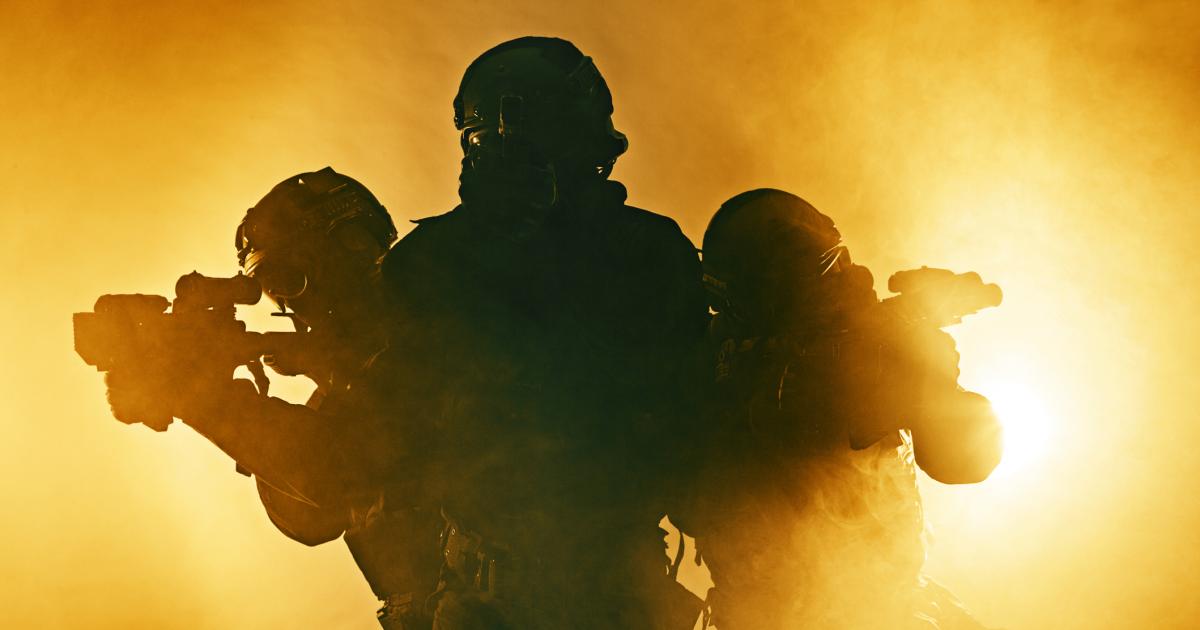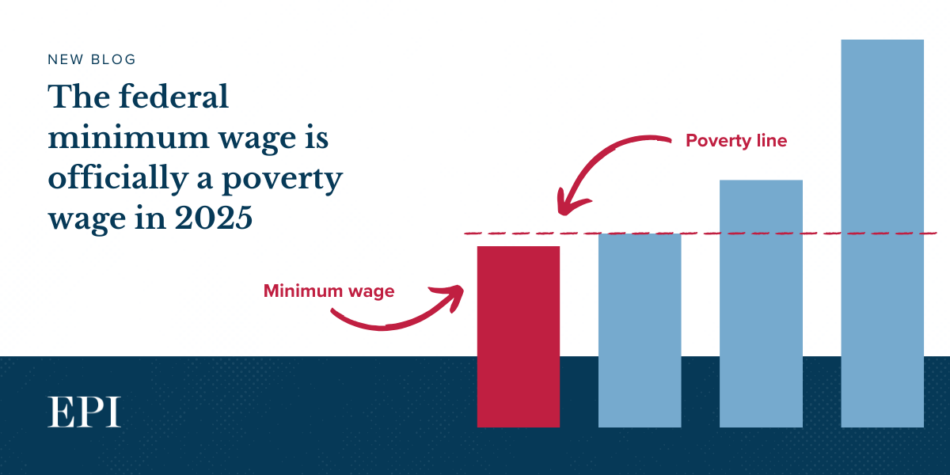The Nature of Warfare and the Costs of Idealism

In the complex landscape of modern warfare, numerous factors contribute to the challenges of winning conflicts. Commonly, people might point to concerns regarding nuclear weapons, the escalated costs associated with advanced military technologies, the demand for medical care, and the logistical requirements of sustained military engagements. Media portrayals frequently depict the brutality and horror of war, which can lead to public aversion towards continued military involvement. However, the most significant barrier to achieving victory in war lies in modern societys disordered and overly idealistic worldview. This perspective often deters the acceptance of necessary violence that is sometimes required to effectively subdue an adversary. In essence, the true obstacle is not a reluctance to engage with the harsh realities of warfare, but rather a fundamental unwillingness to confront the existence of evil and the dirty hands required to combat it effectively.
As articulated by the fictional character Higgins, Its simple economics. Today its oil, right? In ten or fifteen years, food, plutonium, and maybe even sooner. Now, what do you think the people are going to want us to do then? This dialogue highlights the stark reality that, while citizens may advocate for idealistic principles during peaceful times, dire circumstances can shift their priorities dramatically. Once they find themselves facing the harsh realities of scarcitywhether its a lack of heat in their homes during winter or the onset of faminepeople will not want to engage in discussions about ethics. Instead, they will demand action, often expecting their governments to intervene promptly to secure their needs.
This scenario reflects an age-old conflict between realism and idealism. Americans, cushioned by geography and prosperity, often find it easy to distance themselves from the brutal realities of war. Characters like Turner represent a mindset that views evil as a relic of the past, something humanity has long since vanquished. In stark contrast, Higgins embodies a more pragmatic approach, recognizing that state security sometimes requires confronting uncomfortable truths and engaging with the darkness inherent in human nature. The cost of war is frequently debated, yet no one can foresee the conditions that will arise when those costs become unavoidable.
As highlighted by the ancient historian Thucydides, In peace and prosperity, states and individuals have better sentiments, meaning that peoples perspectives can drastically change when they are faced with the stark necessities of survival. The West tends to evaluate historical conflicts from a comfortable distance, often forgetting the dire situations faced by those on the front lines in places like Ukraine, the Middle East, and the African Sahel and Great Lakes regions. However, we should not need constant reminders of these harsh realities, for the narrative of war has been a persistent thread throughout Western Civilization.
Historically, the ancient Mediterranean world was a constant battleground. It is an oversimplification to view antiquity merely as a period of conquest and ignorance. People lived in a time where death and suffering were omnipresent, with infant mortality rates hovering around 30% and countless individuals succumbing to diseases without understanding their origins. In such an environment, death in battle was just one of many threats to life, and the concept of horror surrounding death was less pronounced. As noted by historian Robert Garland, The corpse itself inspired little horror. This reflects the ancient Greeks understanding of life as a cycle of struggle, conflict, and strife. Hesiod, an ancient poet, wrote around 700 BC about the inevitability of war and the oppressive nature of conflict, recognizing that stasis encourages war and evil battle.
The ancient worldview was notably more candid about the need for states to adopt defensive measures to protect their citizens from violence. Throughout history, empires such as the Assyrians, Babylonians, Egyptians, Greeks, Persians, and Romans engaged in relentless warfare, both internal and external, as a means of survival. Warfare was not confined to any one cultural, theological, or political framework; rather, it was a pervasive reality. The decline in our understanding of history allows us to succumb to misleading narratives about human nature. Accepting the lessons of history and the harshness of existence is essential.
St. Augustine profoundly understood one of the key obstacles to achieving lasting peace: the innate human desire for domination, or libido dominandi. Throughout his life, Augustine wrestled with the moral implications of confronting an immoral world. The sack of Rome in AD 410 marked a pivotal moment for him, leading to the creation of his seminal work, City of God, where he expressed skepticism about the prospects for peace. He famously stated, Even peace is a doubtful good since we do not know the hearts of those with whom we wish to maintain peace. This acknowledgment emphasizes that while humanity can strive to combat the urge to dominate, it can never fully eradicate itthis tension is a constant reality in our flawed world.
The contrast between the pragmatic views of Higgins and the idealistic perspectives of Turner encapsulates a deeper philosophical debate about warfare. The ancient historian Herodotus, in his account The Histories, ends with a warning from the Persian King Cyrus the Great, who cautioned, Soft countriesbreed soft men. It is not the property of any one soil to produce fine fruits and good soldiers too. This perspective underscores a crucial point: having superior military technology, such as hypersonic weapons or cutting-edge quantum processors, is meaningless without the resolve to employ them in defense against those who wish to dominate and threaten national security.




























